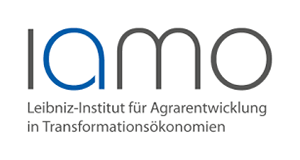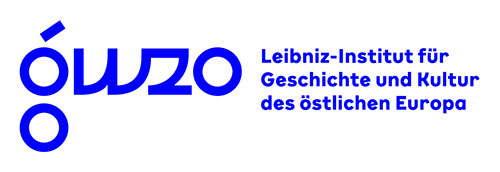Lea Horvat
Stay at EEGA: December 2021 – February 2022
Research Project: A Taste of Caffeinated Emancipation:
Coffee, Cafés, and Gender in the Habsburg Monarchy (1815–1918)
Lea Horvat (*1990, Zagreb) is a teaching associate at the University of Leipzig, History department. She holds a PhD in History from the University of Hamburg and an MA in Art History and Comparative Literature from the University of Zagreb. Her dissertation project A cultural history of socialist mass housing in (Ex-)Yugoslavia between the 1950s and the 2000s (grade: summa cum laude) was supported by the German Academic Scholarship Foundation. She was a teaching fellow at the Humboldt University of Berlin and at the Center for Women’s Studies in Zagreb, teaching the feminist history of the built environment. Her research interests lie at the intersection of the modern built environment, feminism, everyday life in Southeast Europe, and popular culture.
The multifarious coffee cultures in the southwestern part of Habsburg Monarchy oscillated between Vienna-style Kaffeehaus, Italian espresso culture, and Ottoman kahvehane. As cafés all around the world, they accommodated patriarchal ideas in spatial articulations, restrictions on ownership, personnel, and customers as well as expectations of specific gendered behavior. Who was allowed to go to the café, work there or even own one? Who actually went? At which time of the day? Were they an exception or normalized rule? What does interior design tell us about gender assumptions? How was the taste of and for coffee—its preparation and consumption—created and charged with gender stereotypes? These questions elucidate patriarchal and imperial traits of emerging coffee culture and build the basis for a differentiated understanding of women’s emancipation as a multifarious phenomenon abundant with back-and-forths and pockets of inconsistency, amplified and mitigated by classism, racism, ableism, and heteronormativity. I explore how taste and demand for coffee (and the subsequent design of coffee spaces) emerged in the 19th century Habsburg Monarchy, where various coffee traditions and gendered regimes overlapped. The framework of this study follows feminist decolonial methods of studying “semiperipheries” (Boatcă) and “strategic inter-imperial zones” (Doyle) which also decenters the rather overresearched capitals of imperial power. Through a series of case studies grounded in different imperial settings, architectural and gastronomic traditions, each demonstrating how gender was ingrained in the design, architecture, and everyday use of these spaces as the coffee culture grew into a mass phenomenon, I aim to gain a context-sensitive understanding of how gender-specific spatial and sensory regimes emerged in the Habsburg Monarchy.
Recent publication:
“From Mass Housing to Celebrity Homes: Socialist Domesticities in Yugoslav Popular Magazines”, in: Irene Nierhaus et al. (eds.): WohnSeiten: Ins Bild gesetzt und durchgeblättert. Zeigestrategien des Wohnens in Zeitschriften, transcript, Bielefeld, 2021, pp. 358-377.








